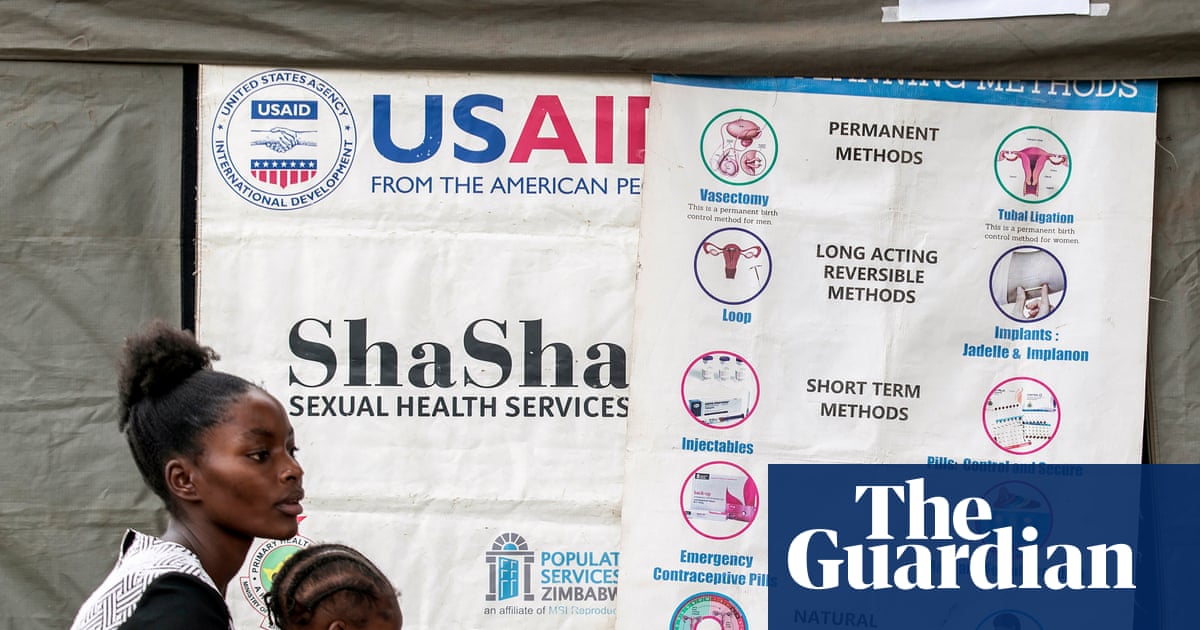People seeking cosmetic procedures have been warned to be on their guard by public health experts as they revealed there have been 38 recent cases of botulism poisoning in England linked to unlicensed Botox-like jabs.
The UK Health Security Agency said on Friday that cases were first reported in the north-east, with others subsequently reported in the east of England and East Midlands. All were reported between 4 June and 14 July 2025.
“Investigations are ongoing but evidence so far suggests the use of an unlicensed Botox-like product,” UKHSA said, noting those affected by botulism poisoning had shown symptoms including difficulty swallowing, slurred speech and breathing difficulty requiring respiratory support.
According to the NHS, botulism is caused by toxins produced by Clostridium botulinum bacteria that attack the nervous system. A purified form of these toxins is the active ingredient in Botox and similar products that are often used for cosmetic purposes, including to reduce the appearance of wrinkles.
While rare, botulism can be life-threatening. Treatment often includes the use of anti-toxins as well as interventions to support the body.
Dr Gauri Godbole, the consultant medical microbiologist at UKHSA, said symptoms of the condition can take up to four weeks to develop after a Botox-like treatment, and advised anyone experiencing signs, such as difficulties swallowing, to contact NHS 111 and seek treatment.
While UKHSA has told medical professionals to watch out for botulism among people who have recently had the cosmetic injections, it also warned the public to take care when seeking such procedures to ensure a qualified person is carrying them out and that they are using the correct jabs.
“If you are considering having a cosmetic procedure, please make sure to check that your practitioner is using a licensed product,” said Godbole, noting there is further information on how to chose a practitioner on the NHS website.
Prof Meghana Pandit,co-national medical director at NHS England, added the website also provides advice on the questions to ask, including making sure the person administering the injection is appropriately trained.
“When these procedures go wrong, there is a risk of serious infections and permanent scarring, which is why only registered professionals like a doctor, a nurse or pharmacy prescriber should be prescribing these treatments,” she said.
Dr Alison Cave, the chief safety officer at the Medicines and Healthcare products Regulatory Agency (MHRA), said buying Botox-like products in any other circumstances significantly increases the risk that it is either fake or not licensed for use in the UK.
“Public safety is a top priority for the MHRA,” she said, adding that when unlicensed products were used it “means that there are no safeguards to ensure products meet the MHRA’s standards for quality and safety. As such, they can endanger the health of the people who take them,” she said.

 3 hours ago
1
3 hours ago
1










 English (US)
English (US)